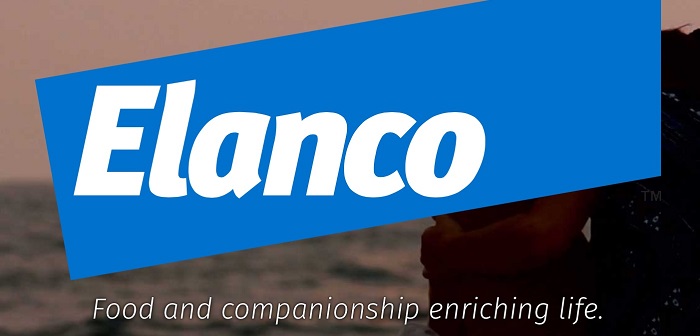Elanco Animal Health is to stage a one health antibiotic stewardship summit in September with the aim of debating how to protect the long-term effectiveness of antibiotics.
An invitation-only event, the summit will include leaders from the World Health Organisation, the World Organisation for Animal Health, World Wildlife Fund, the Gates Foundation and the Pew Charitable Trusts, as well as food company leaders and livestock producers.
Set to take place in Washington, DC, on September 21-22, the summit is a follow-up to the high profile White House Forum on Antibiotic Stewardship held in June 2015.
Keynote working sessions are planned, chaired by the following industry leaders:
- World Veterinary Association president Dr Rene Carlson, who will focus on the current “significant gap in veterinary availability and training in some developing countries, and even in parts of the US. The session will explore ideas and recommendations to increase veterinary capacity globally.
- The Pew Charitable Trusts’ officer of health programmes, Karin Hoelzer, who will focus on how to identify the fundamental principles of responsible antibiotic use and what might be the most appropriate and transparent metrics for measurement.
- Health for Animals’ executive director Carel du Marchie Sarvaas, who will chair a session on how to identify potential pathways to expedite approvals of new solutions, designed to enhance animal health and limit antimicrobial resistance development and impact.
Elanco Animal Health president, Jeff Simmons, commented that these are all complex issues and are much broader than just dealing with antibiotic resistance.
“It’s ultimately about One Health,” he said, adding that human health, animal health and the health of our planet are all inextricably linked.
“Without all three, the entire system is compromised. Sick animals also jeopardize the safety, availability and affordability of our food, as well as expend precious natural resources.”
The summit will also include a progress report on Elanco’s eight-point plan to safeguard antibiotics for future generations, while protecting animal well-being. Key components of the plan include increasing responsible use, reducing the shared use of antibioitics between humans and animals and replacing antibiotics with alternatives to keep animals healthy.


